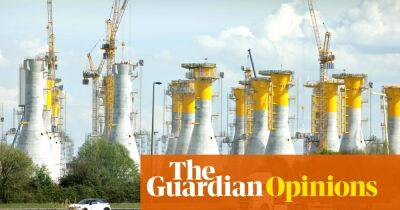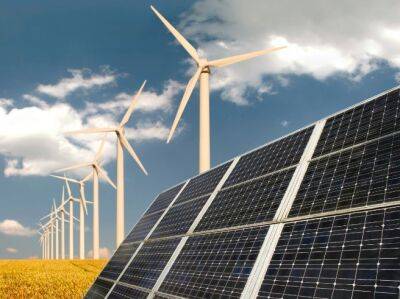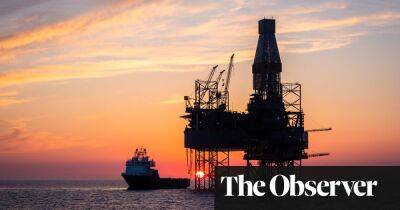Fears of new quakes in Dutch gas field as energy crisis bites
Bastiaan Jeroen’s farm in ’t Zandt has columns made of reinforced concrete. “During one earthquake, I saw them twisting,” he said. “If a chip comes off, it will cut you in half. That’s the fear we’re living in.”
Jeroen lives in the province of Groningen, home to a vast gas field and the subject of a parliamentary inquiry into the links between gas extraction and the hundreds of earthquakes and tremors that have traumatised residents. His farmhouse has been shattered by hundreds of cracks from the last decade’s quakes. One outer wall is propped up by several large wooden beams.
“I’m in debt – big time,” said Jeroen. “I make good money as a carpenter but I’m at my fourth or fifth chronic burnout. The doctors say they won’t go away until I stop working but if I stop working, I can’t pay the bills.”
But Jeroen is just one of many. Groningen’s inhabitants have been affected by the giant gas field for the last few decades. About 80% of houses in villages such as Overschild are being demolished and rebuilt because of earthquake damage. More than 150,000 Groningen residents have suffered earthquake damage to their properties in the last decade, and 10,000 now face stress-related health problems.
When the parliamentary inquiry began, many believed some kind of resolution was at last in sight. But although the province’s gas production had been expected to flatline in 2023, Groningen is also the EU’s largest onshore gas field, and has been increasingly regarded as a last reserve if Russian gas supplies dwindle to nought.
Germany is hungrily eyeing its low-calorific gas reserves, which may have to be extracted under EU solidarity arrangements if there is a major supply disruption. Nato officials such as Lukas Trakimavičius have led
Read more on theguardian.com







![Is Ethereum Classic [ETC] in trouble now that EthereumPoW…](https://finance-news.co/storage/thumbs_400/img/2022/9/14/40897_23bd.jpg)
![Ethereum [ETH]: Evaluating the risk factor post Merge](https://finance-news.co/storage/thumbs_400/img/2022/9/14/40896_slzv.jpg)











